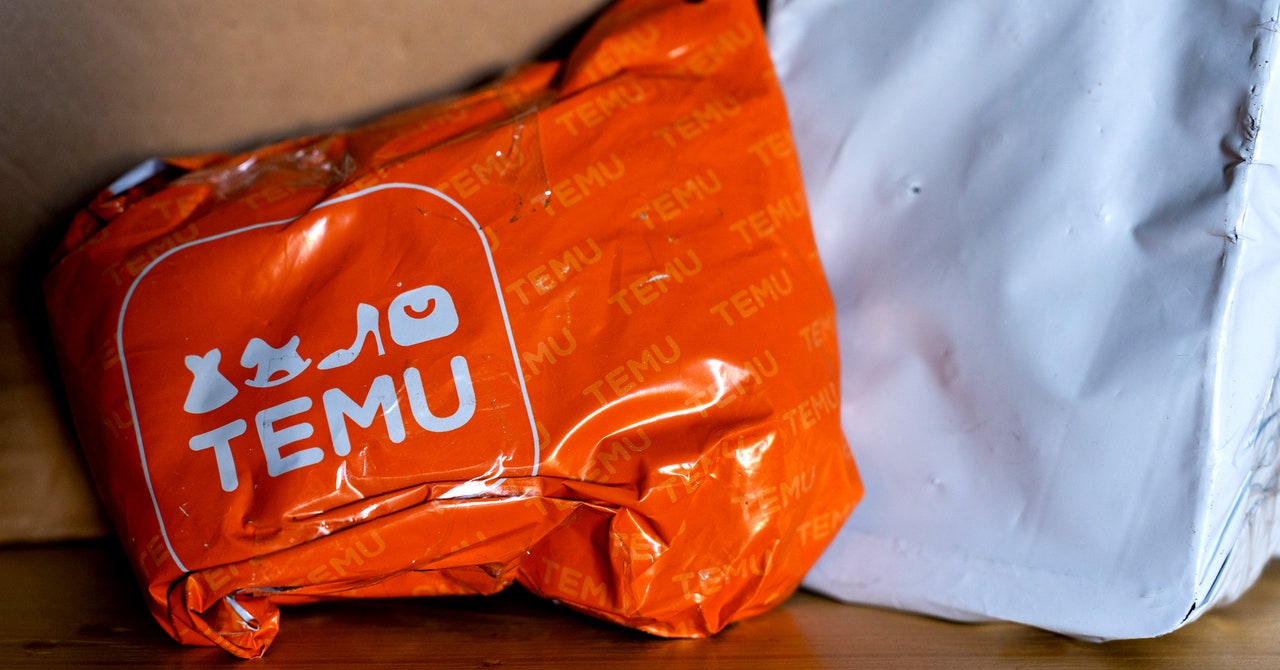
The United States Postal Services has abruptly stopped accepting all packages from Hong Kong and China until further notice, according to an international service disruption notice posted on the USPS website. The move comes after China imposed retaliatory tariffs on US imports, including coal and liquified natural gas, in response to President Trump’s executive order to increase tariffs on China.
Daniel, the owner of a trucking company based in Alberta, Canada, who asked to only use his first name for privacy reasons, tells WIRED that two of his company’s trucks were turned away at the US border in New York and Montana today because they contained packages originally from China. After speaking with a US Customs and Border Protection agent in Montana, the company was able to get a third truck into Washington state by removing all packages from China, Daniel says.
He adds that identifying and separating packages from China is an arduous process because the goods that his trucks carry usually include thousands of small parcels like DVDs, toys, and video games, all coming from a variety of sources.
“We talked to the Montana CBP cargo supervisor, and they said everything is from the higher-up,” Daniel says. “A lot of trucks were actually turned away today at the border, we were told by our drivers. And a lot of officers were checking the trucks and questioning [drivers] like, ‘Are you sure there are no made-in-China items in there? This is your last chance.’ They were actually going through the trucks and randomly checking the packages.”
Previously, packages like the ones Daniel’s company often handles could move freely across the border. Trump’s executive order, though, not only imposes an additional 10 percent tariff on goods from China but also ends a key import tax exemption, one that has enabled the rise of Chinese ecommerce platforms like Temu and Shein.
Known as de minimis, the rule waives import duties for small packages valued at less than $800 shipped into the US. Originally intended to exempt personal gifts and other items that Americans send home from trips abroad, it has since allowed foreign businesses to more easily sell goods to US consumers without needing to worry about paying import taxes. The number of de minimis packages has soared in recent years as the ecommerce market has become more global, making it difficult—if not impossible—for Customs and Border Protection to keep track of all the parcels flowing into the US.
According to the CBP, over 1.36 billion de minimis packages entered the US in fiscal year 2024, almost 10 times the number in 2015. That amounts to 3.7 million packages per day on average—many of which are now subject to scrutiny at the border for the first time.
Got a Tip?
Do you work at Shein, Temu, or another ecommerce company and have insight into what’s going on? We’d like to hear from you. Using a nonwork phone or computer, contact the reporter via email at zeyi_yang@wired.com or on Signal at @zeyiyang.06.
“On a daily basis, US Customs will file and process about 100,000 entries,” says Bernie Hart, vice president of customs and trade management business development at Flexport, a US supply chain management company. Now, agents have to process a few million more packages a day, verifying what’s in them and how much they cost.
While previous administrations have considered removing the de minimis exemption or introducing reforms, Trump is the first to have actually done so. “This is the administration’s version of moving fast and breaking things,” says Ram Ben Tzion, cofounder and CEO of Publican, a digital shipment vetting platform, citing one of the core tenets of startup culture.
https://media.wired.com/photos/67a12cc0505b682bfc87af73/191:100/w_1280,c_limit/Trump-Tariff-Temu-Packages-Business-1653668805.jpg
2025-02-04 21:33:47